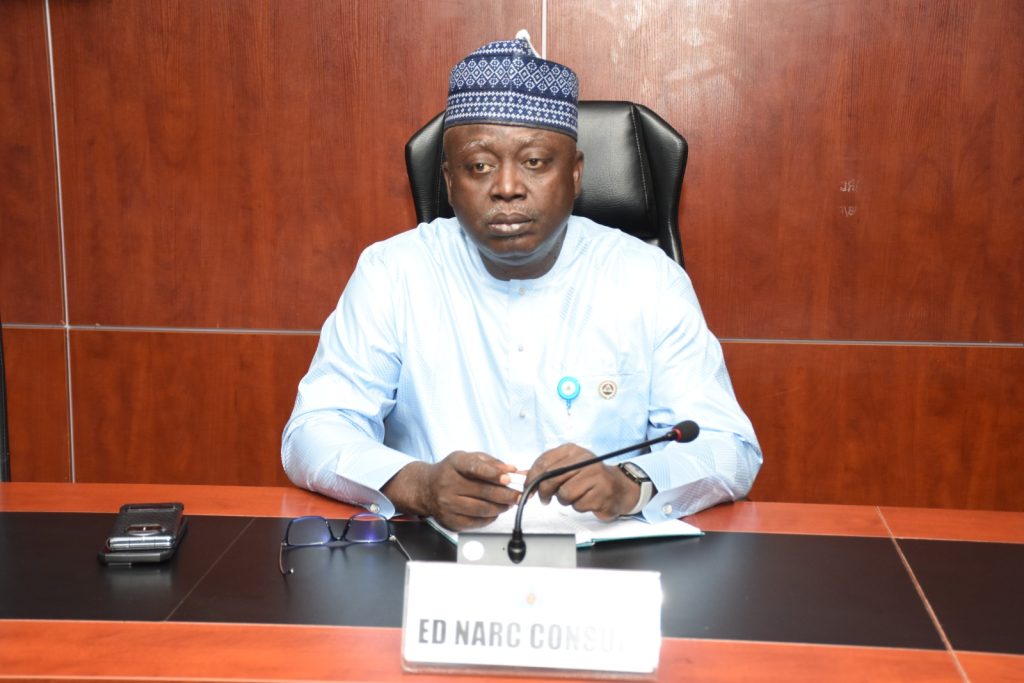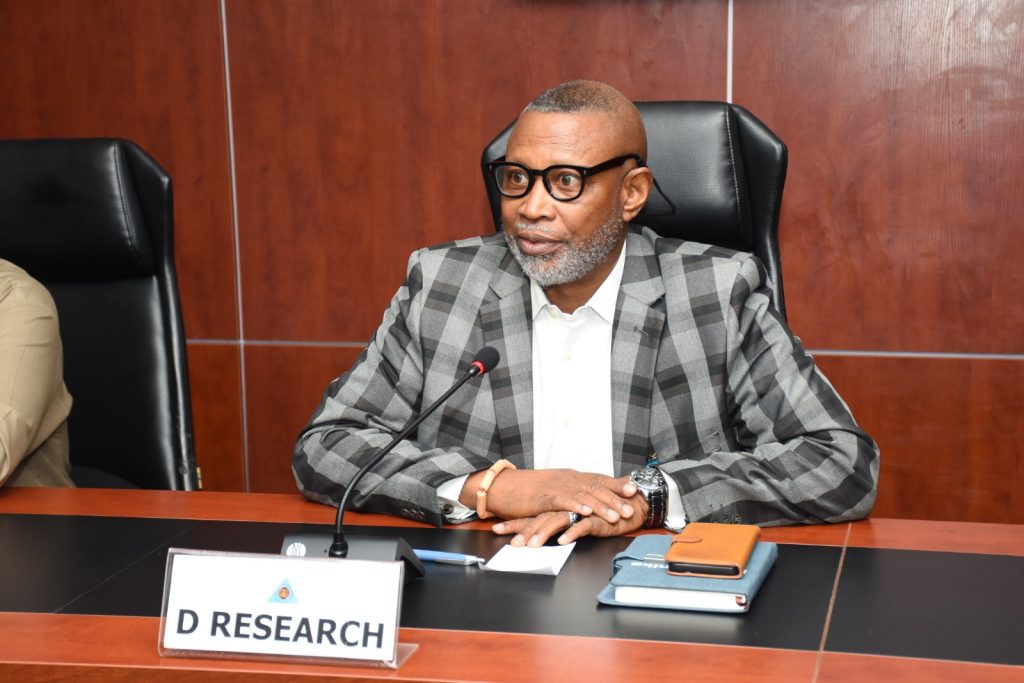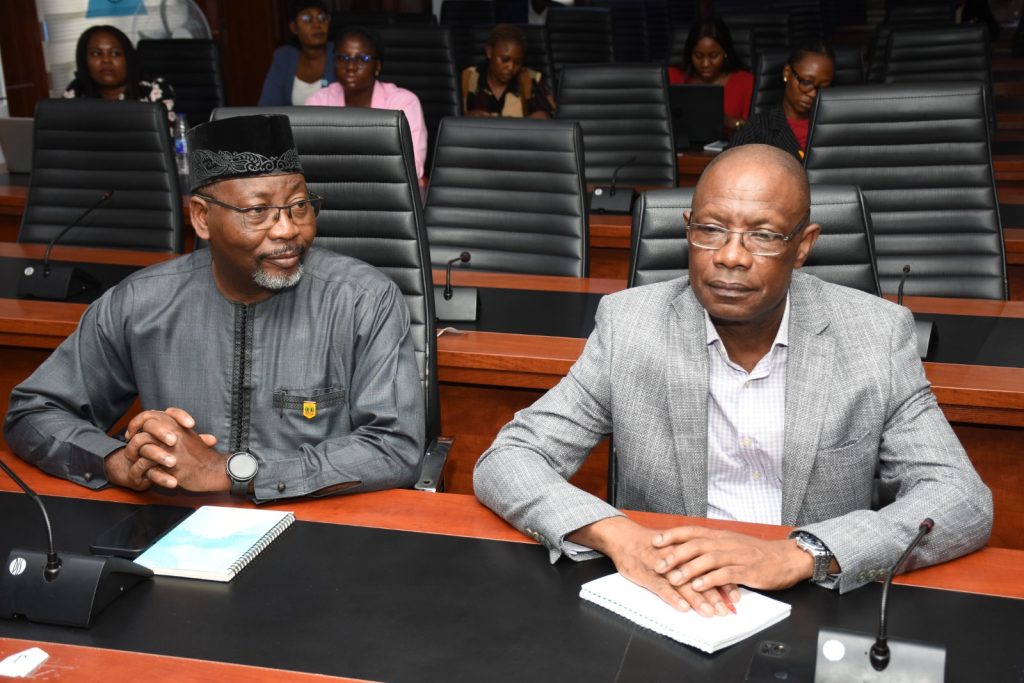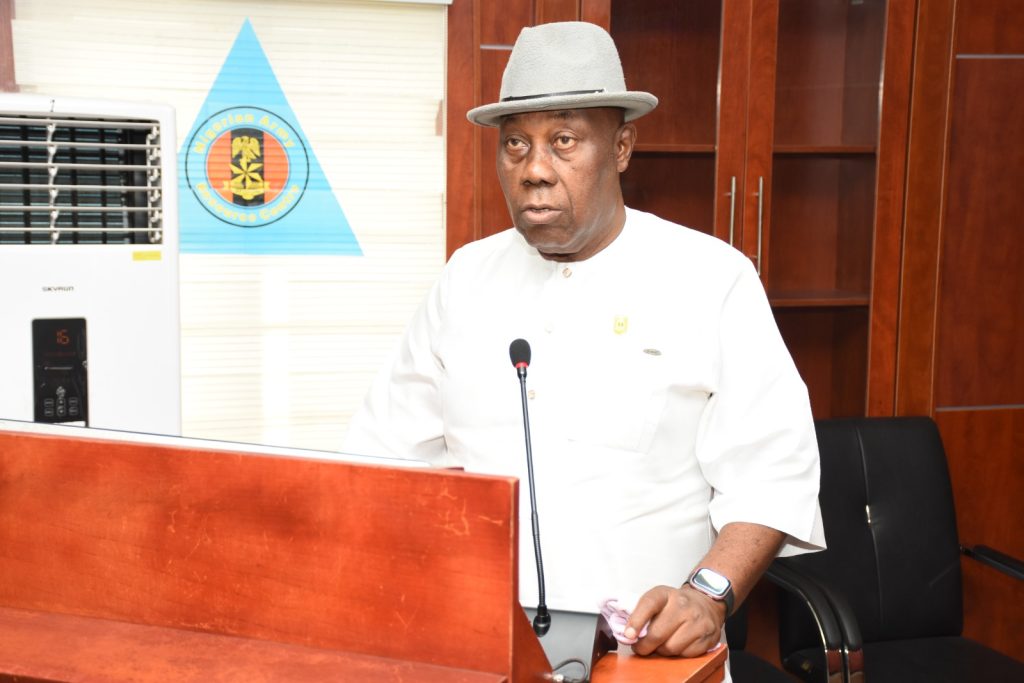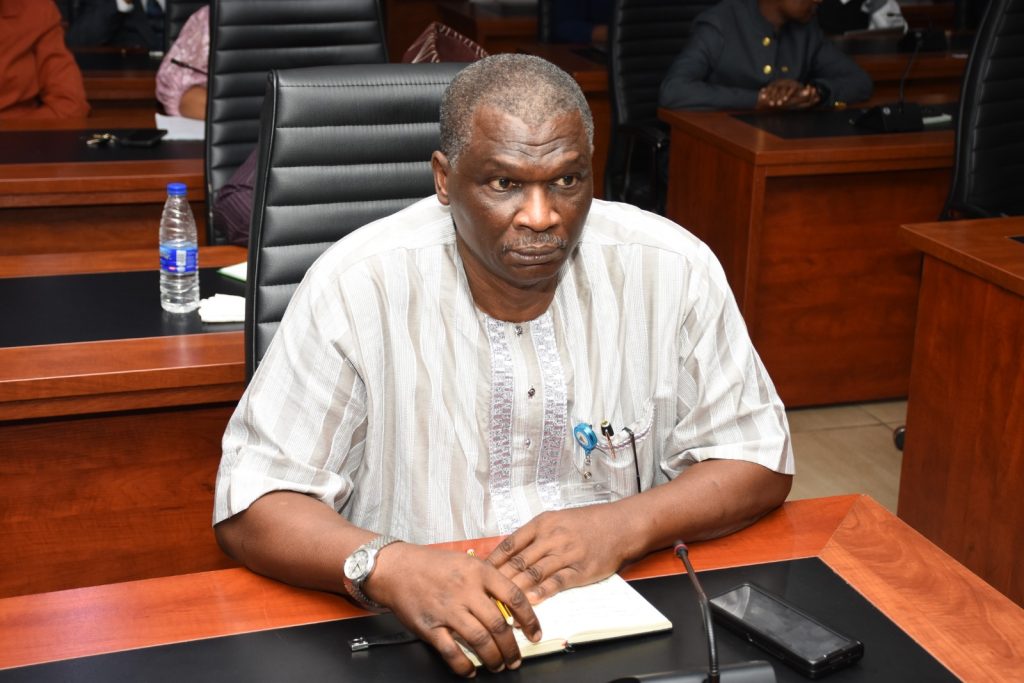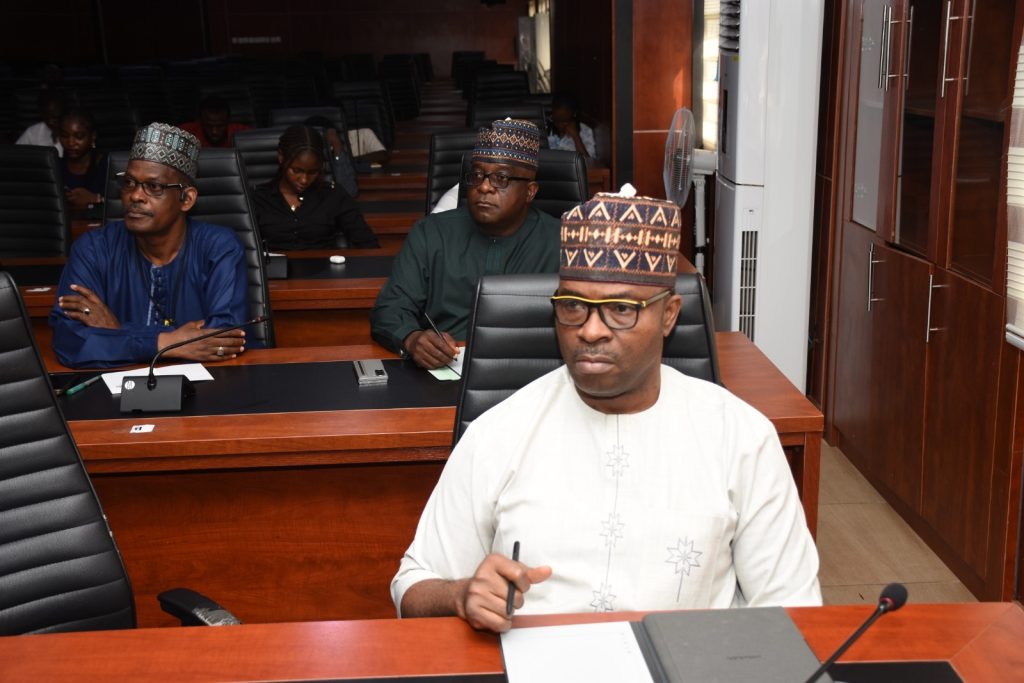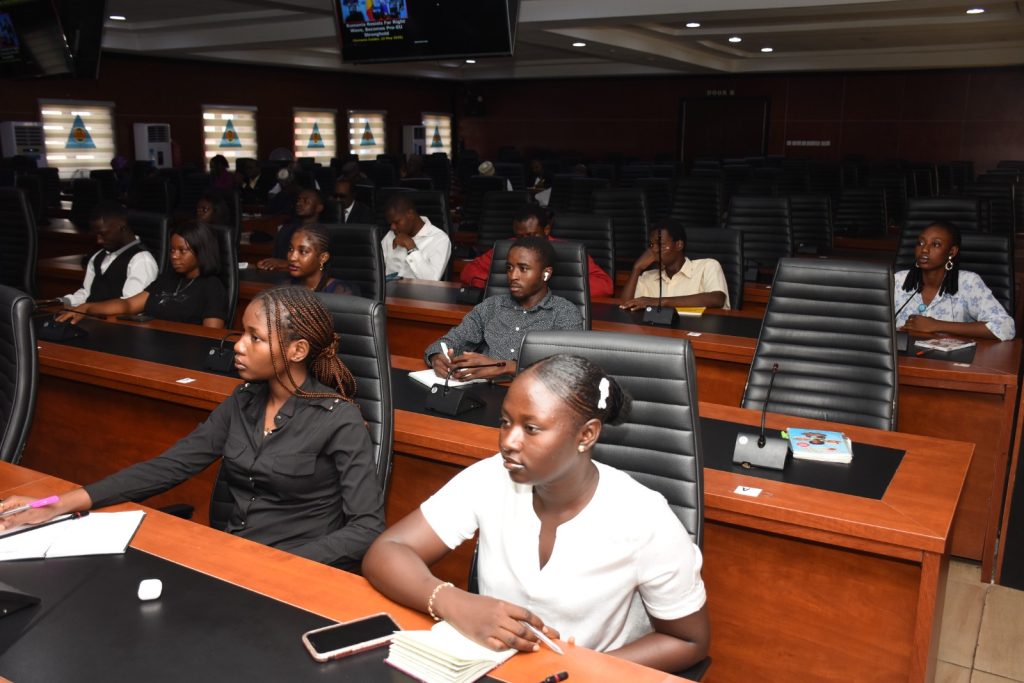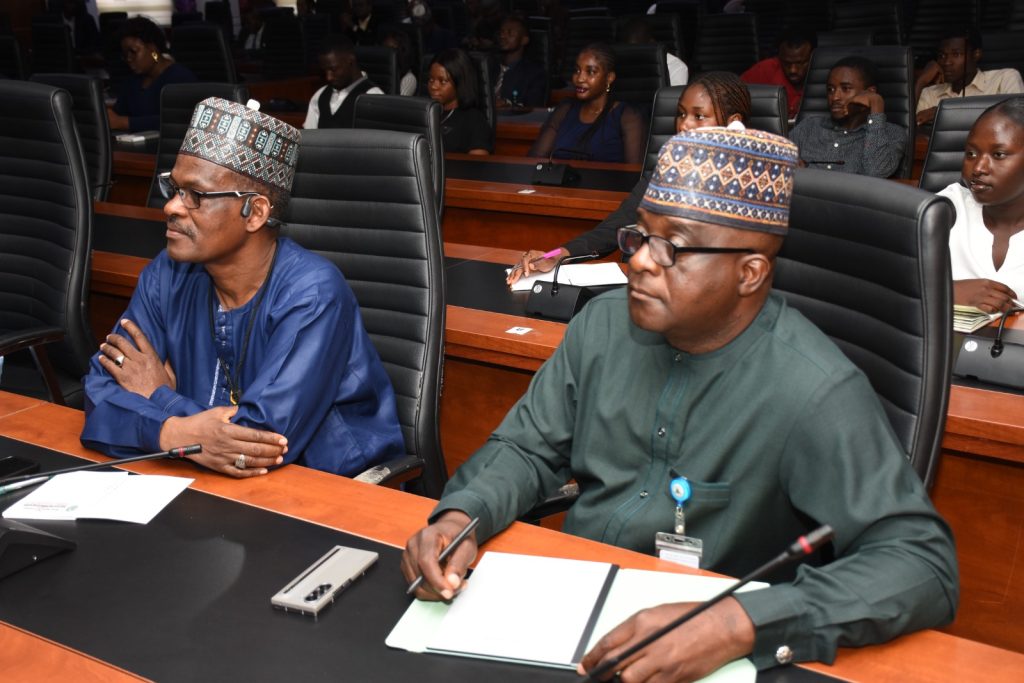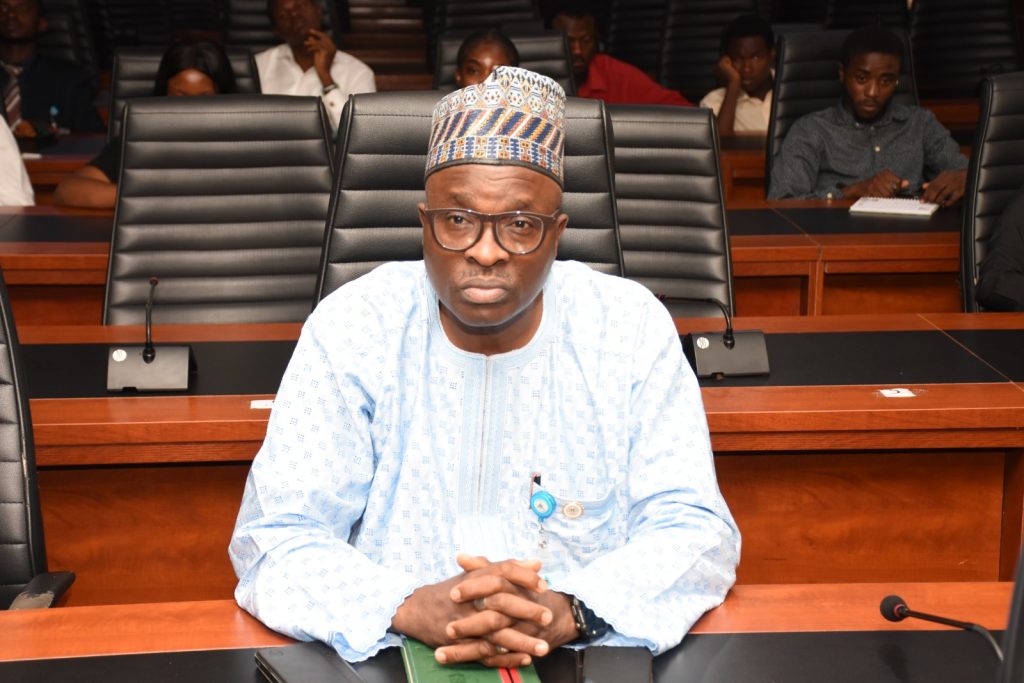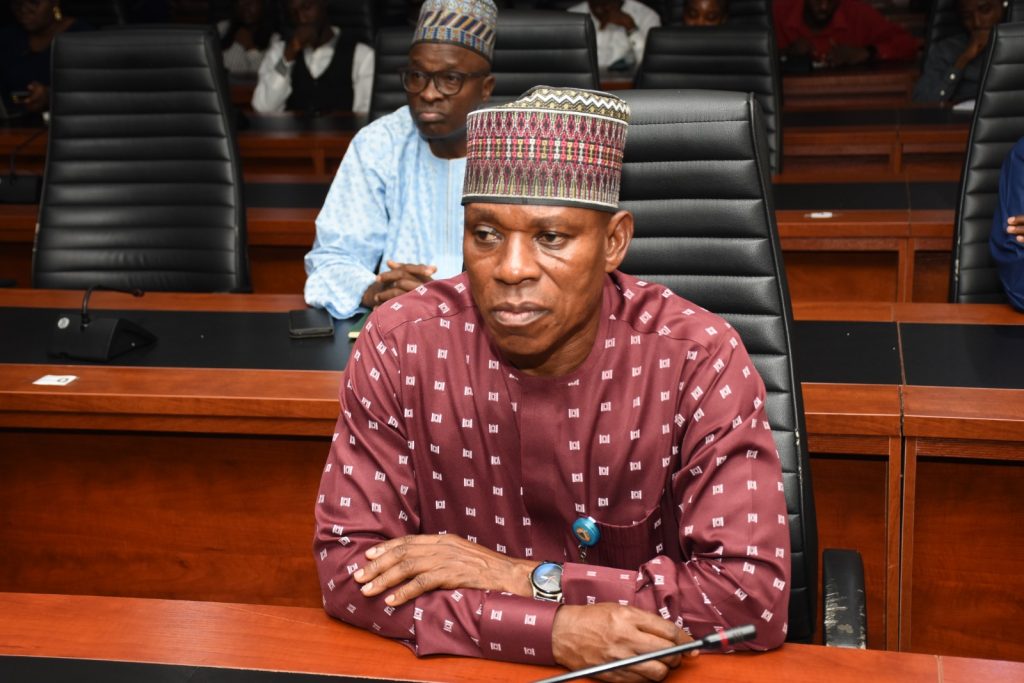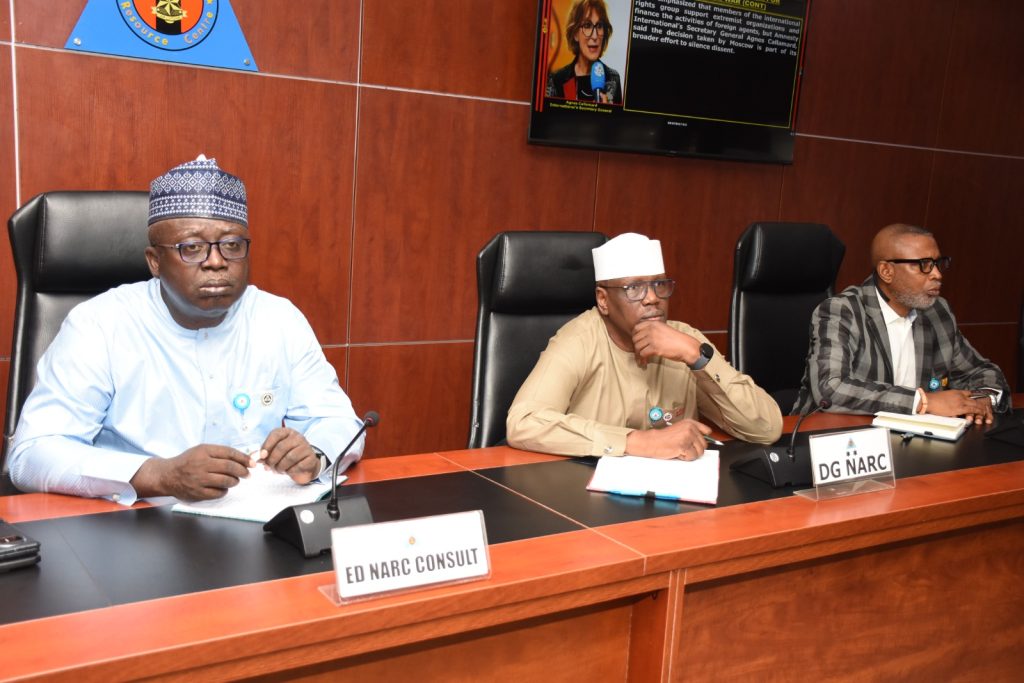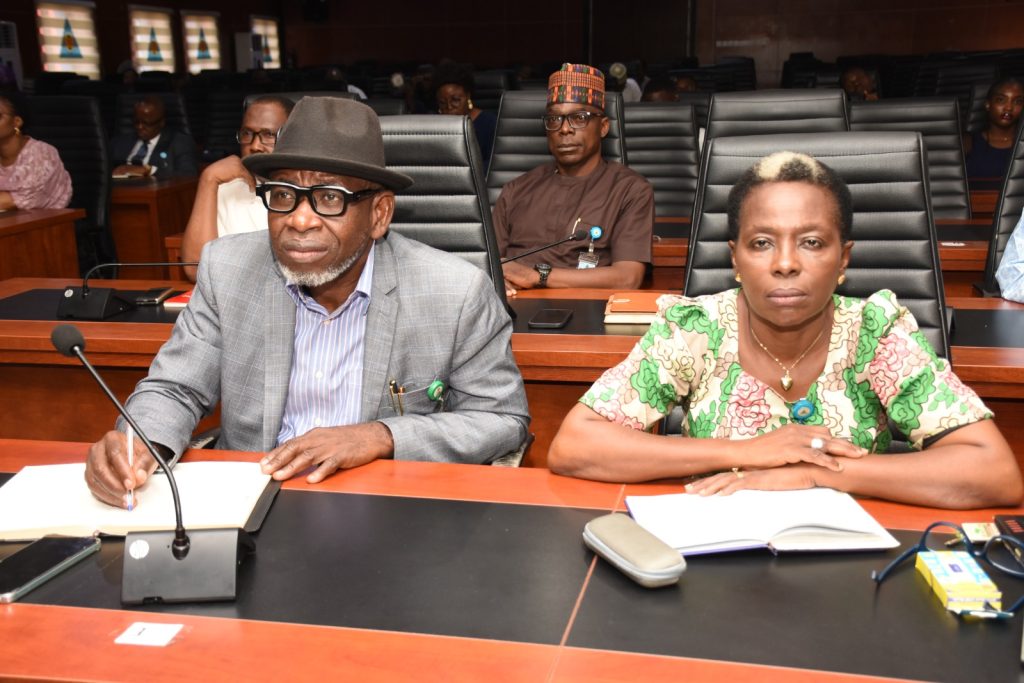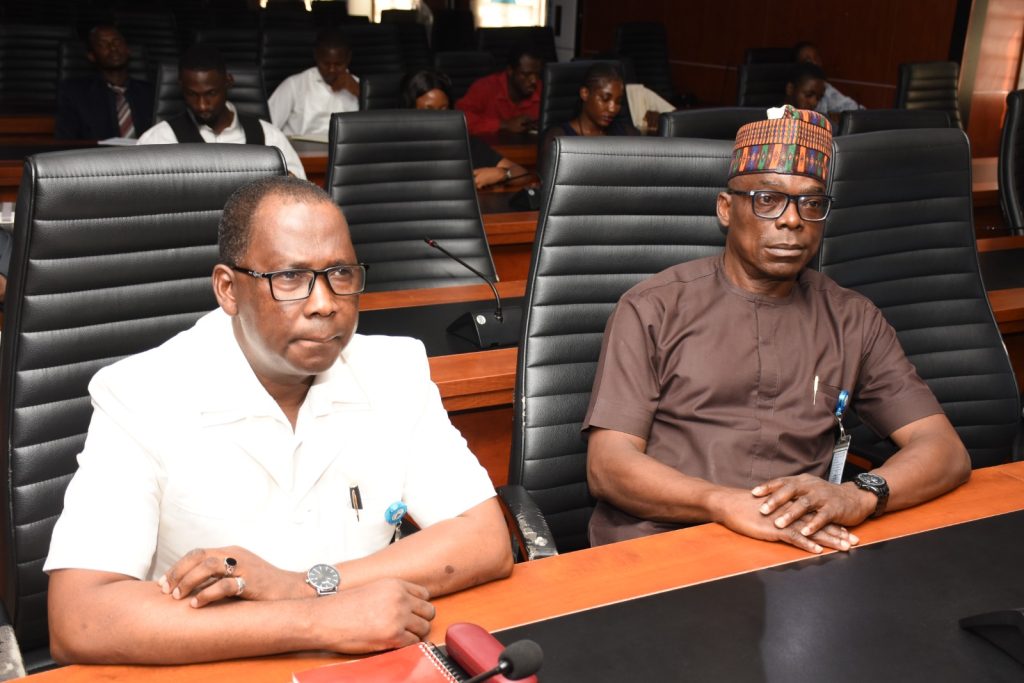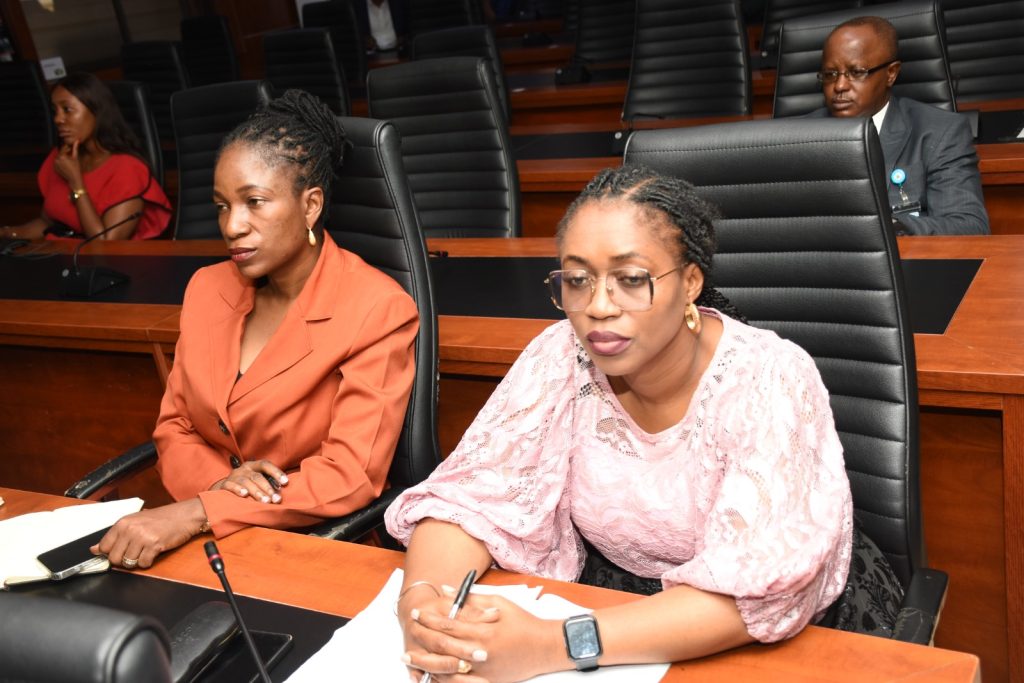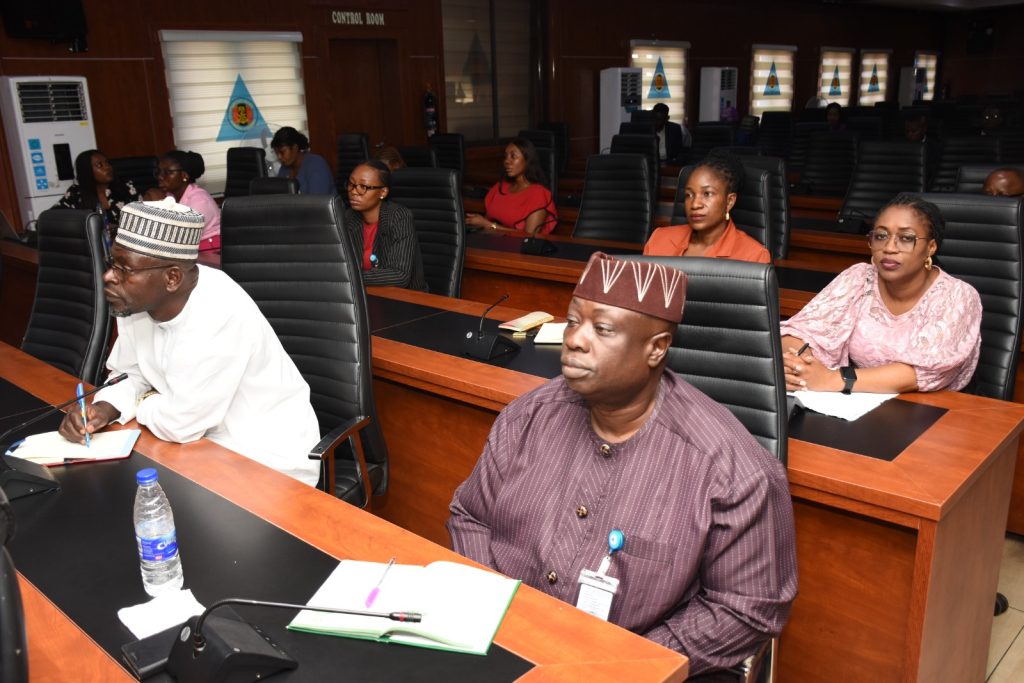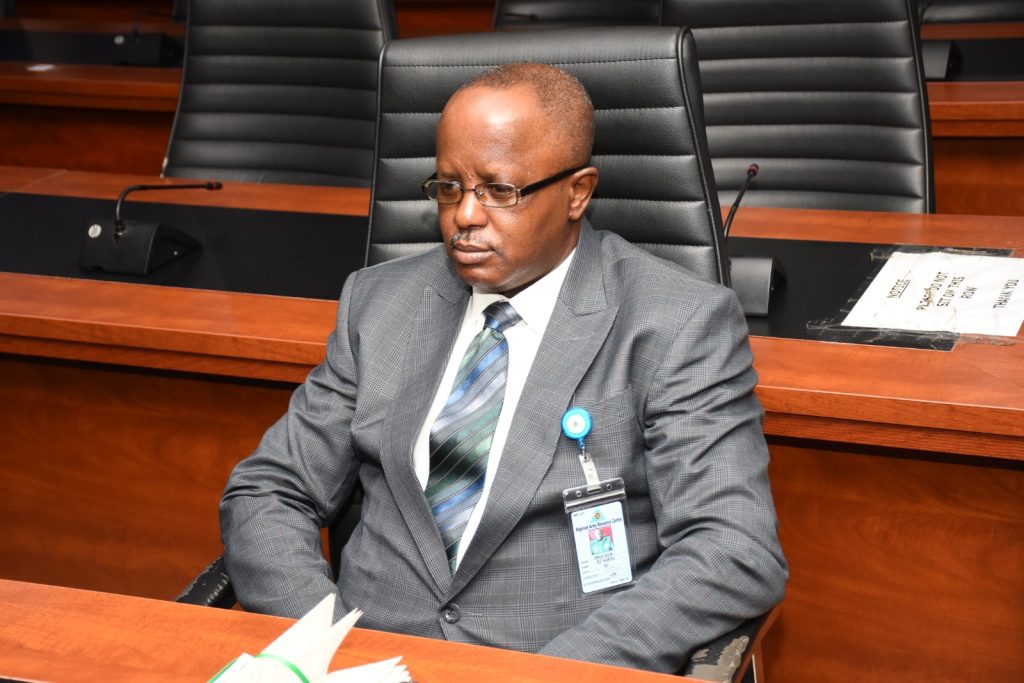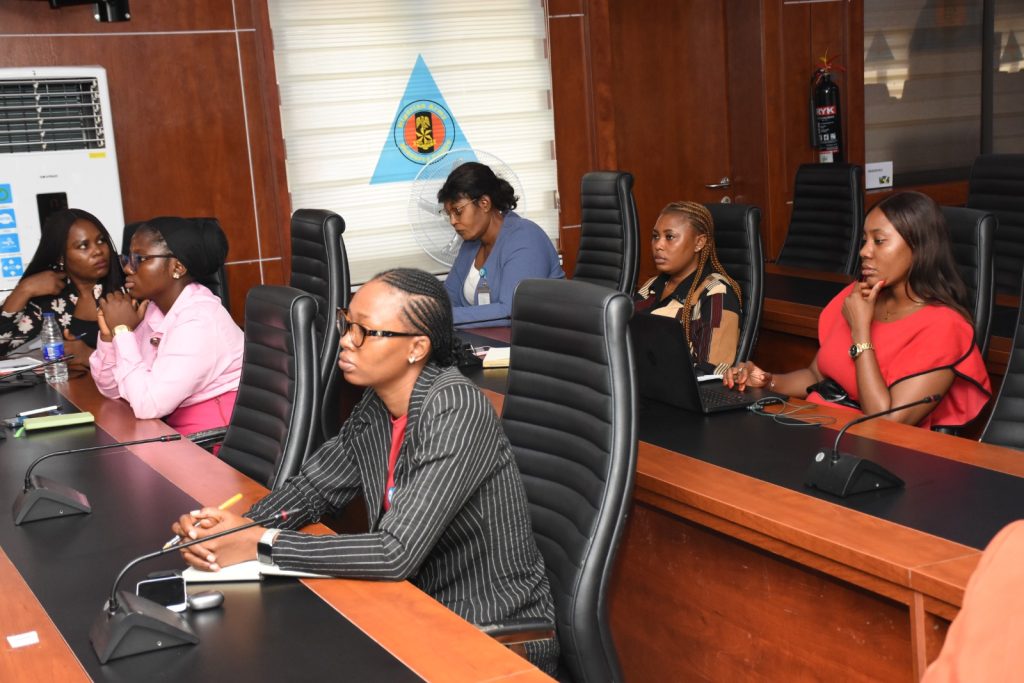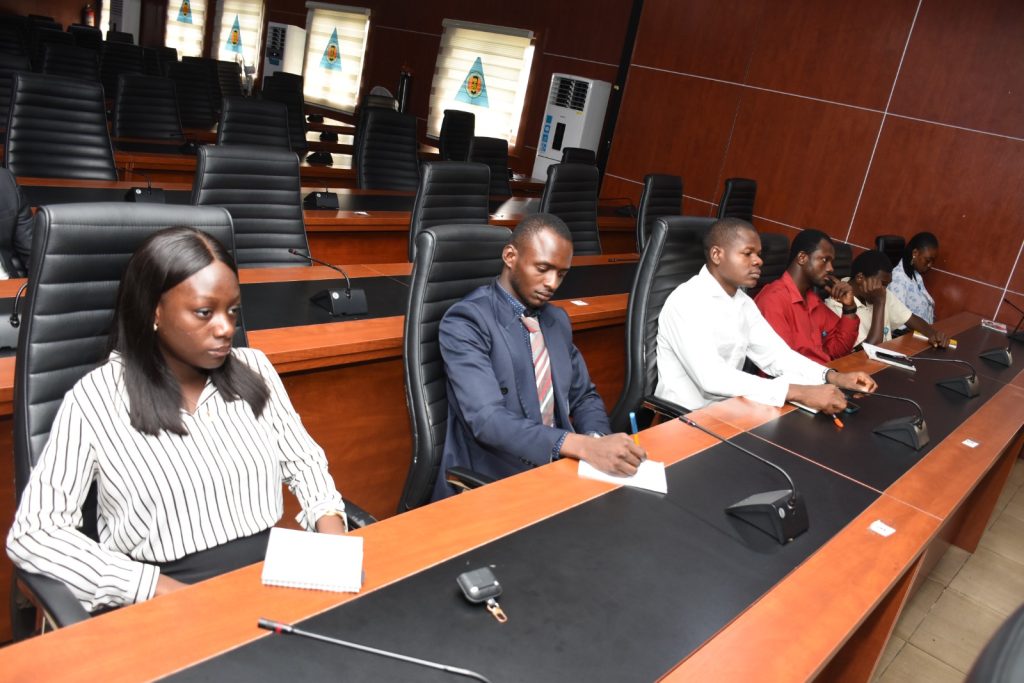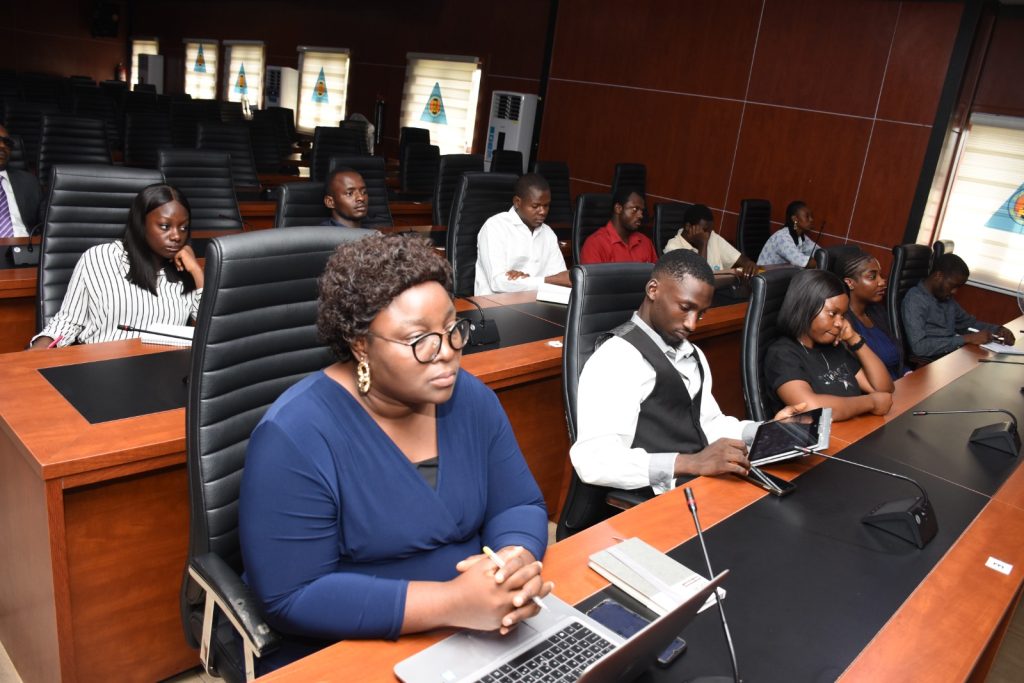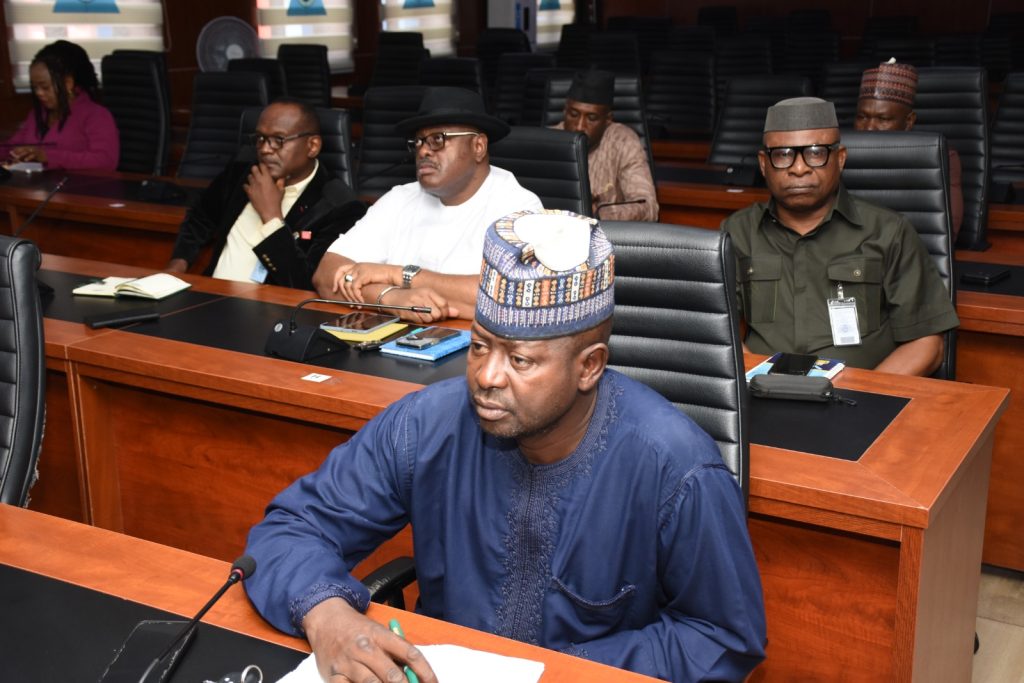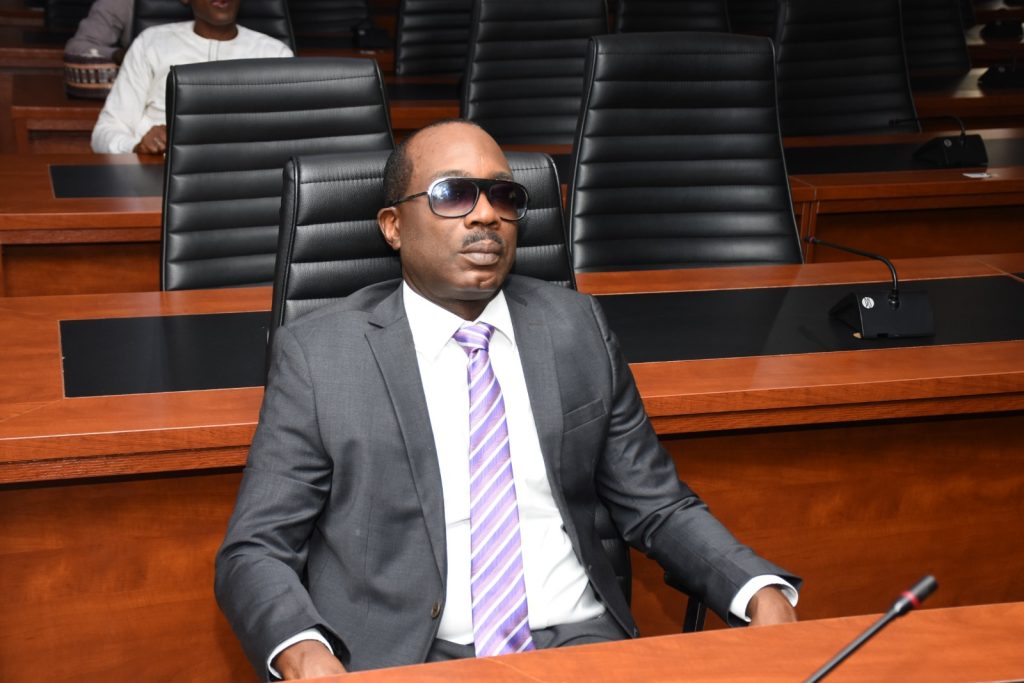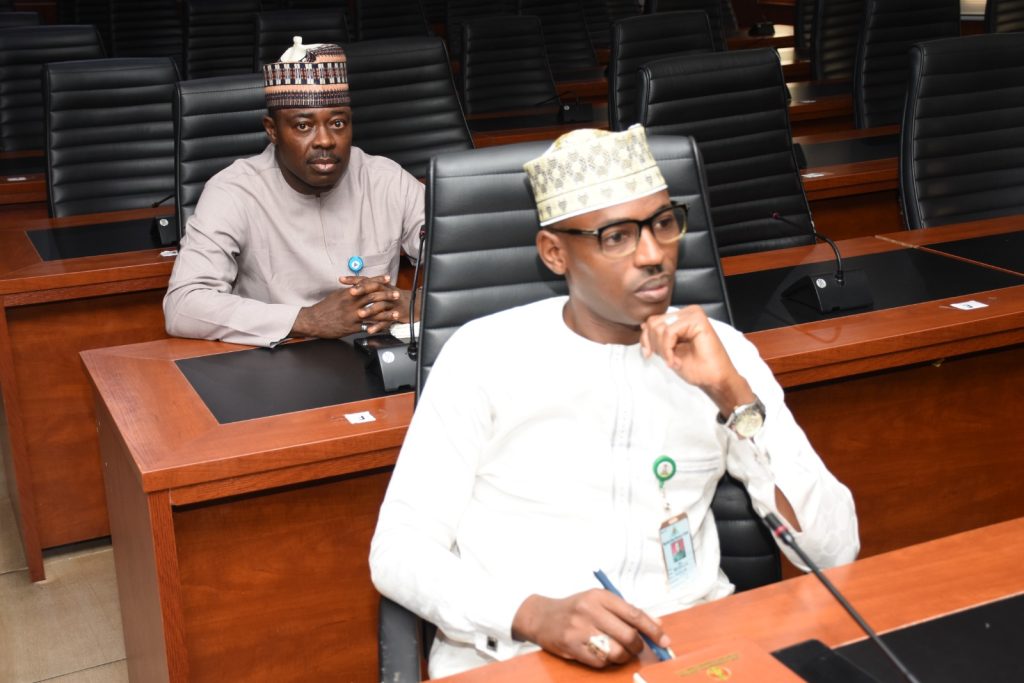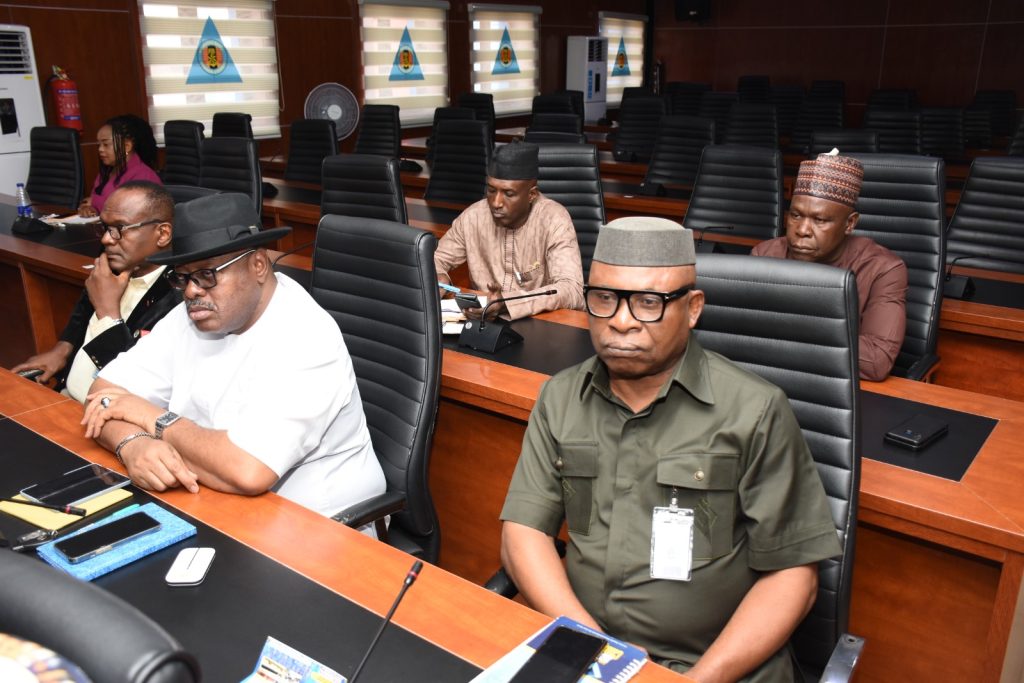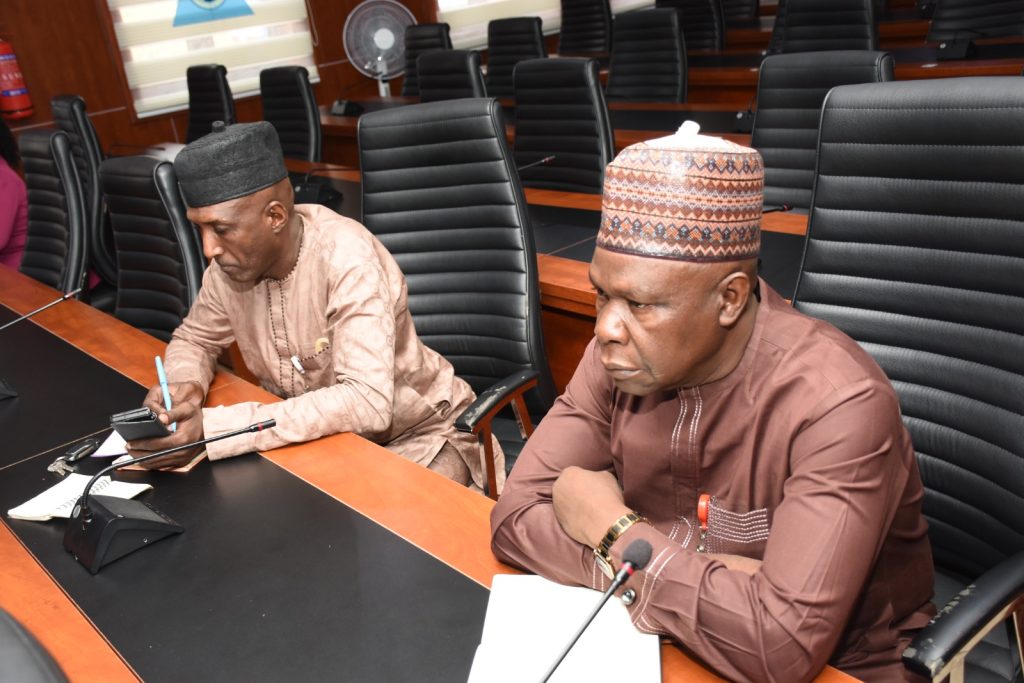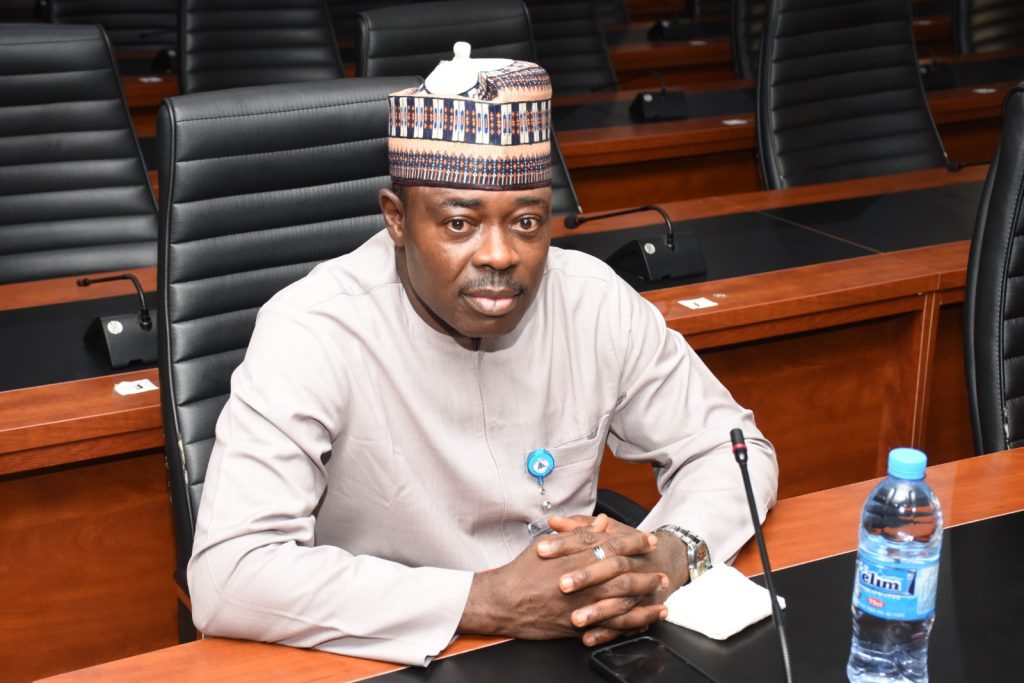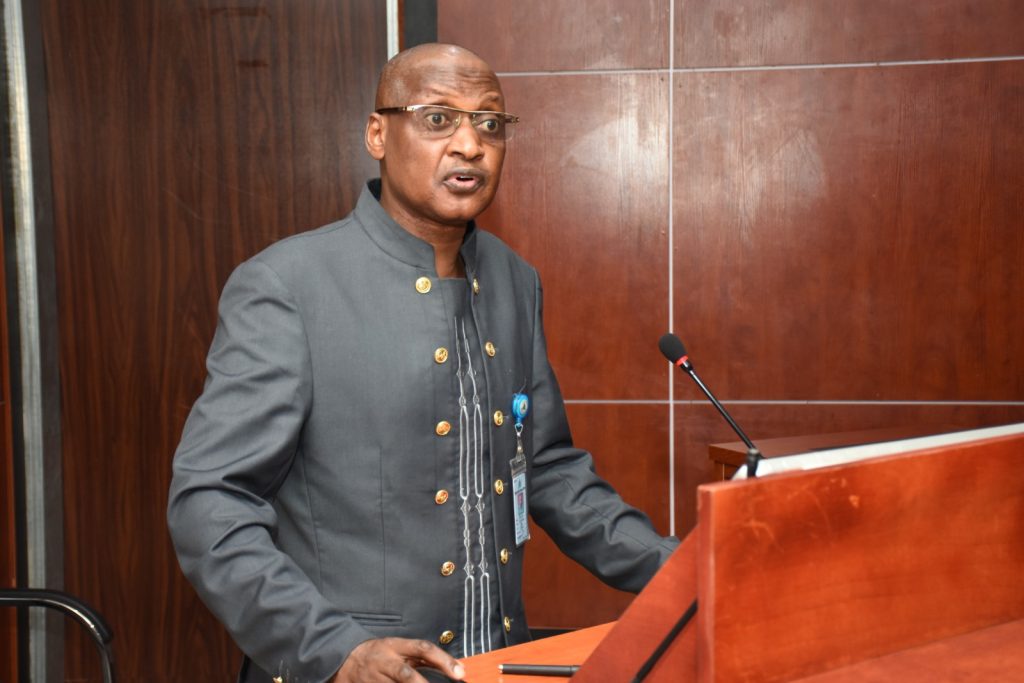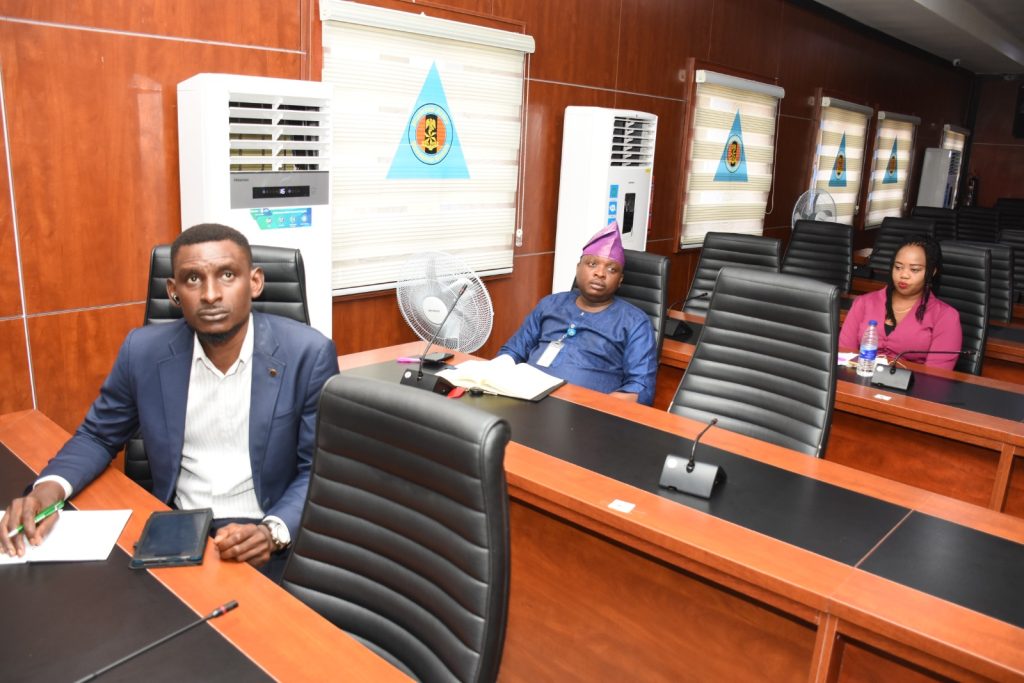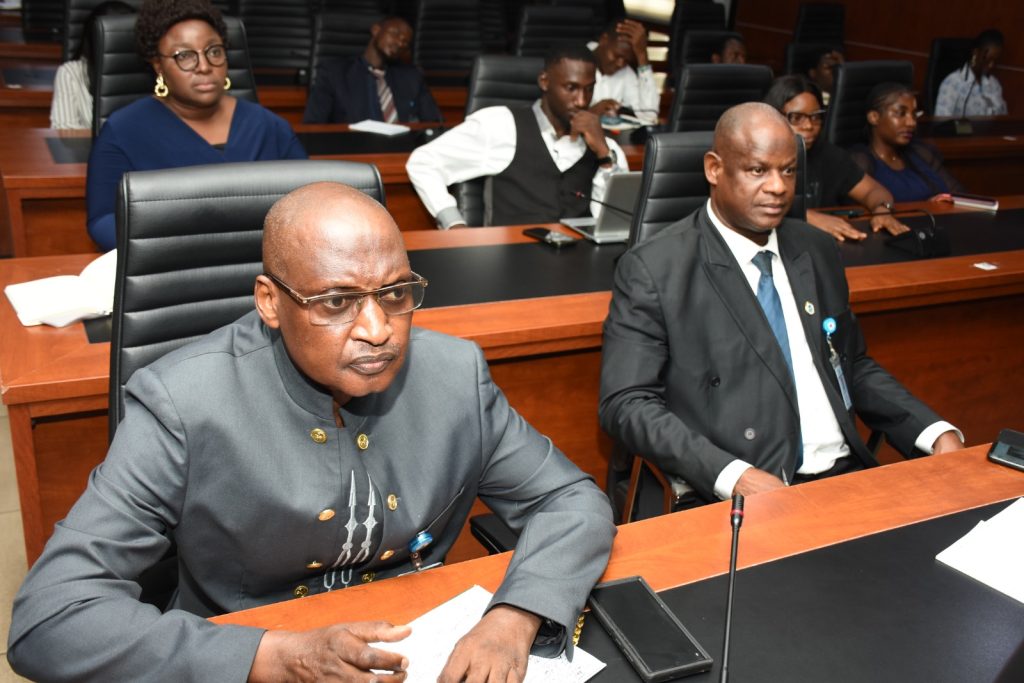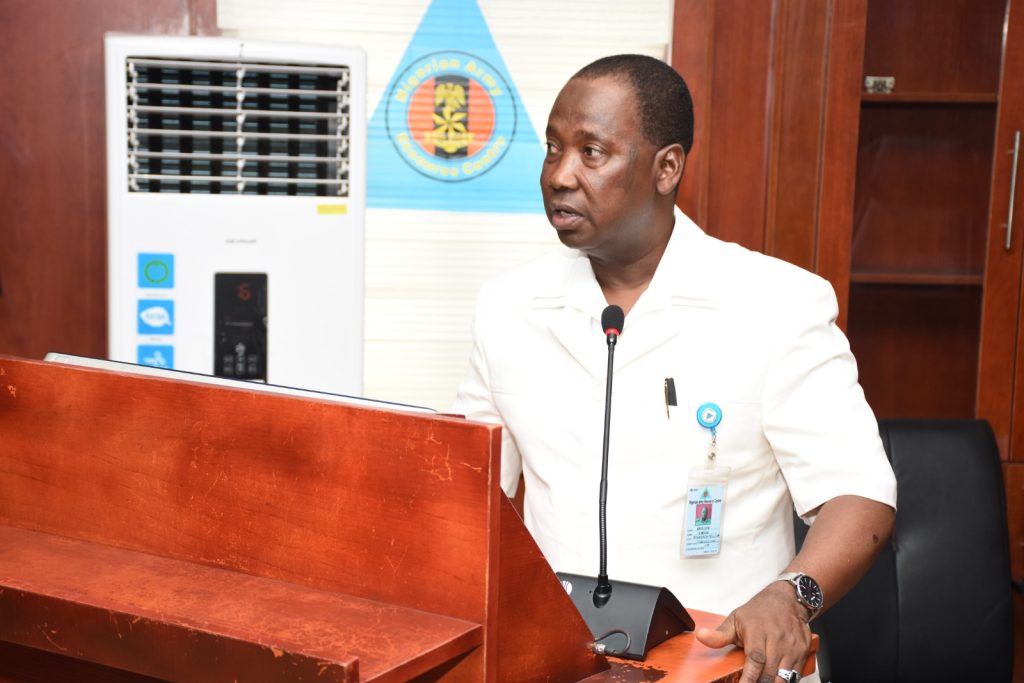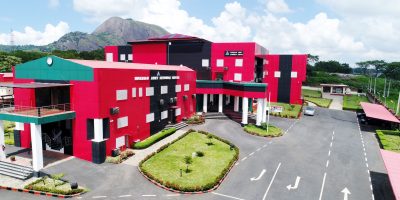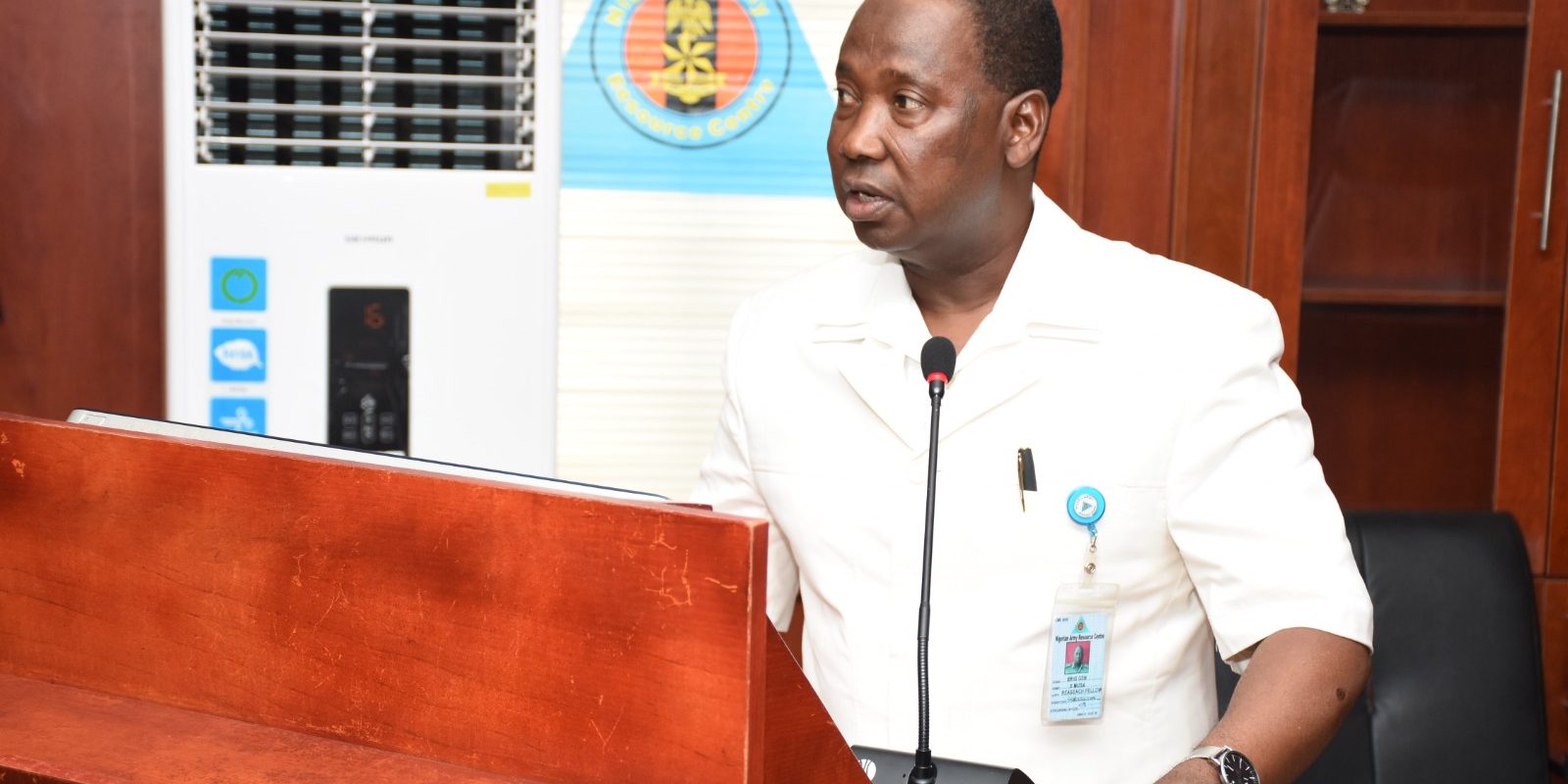Nigerian Army Resource Centre (NARC) Weekly Subject Experts’ Presentation was held at Hall C, TY Buratai Block, Abuja. There were three presentations made by the Subject Experts on, Eastern Europe, United State of America, North Africa and Turkey.
The first presentation was made by Brig Gen Ak Egwuagu (Rtd) subject expert on Eastern Europe, his presentation discussed on how, Moscow Outlaws Amnesty International For ‘Russophobia’ Amid Ukraine War. Russian authorities have designated Amnesty International as an “undesirable” organization, alleging that the rights group propagates pro-war content backed by Western allies of Ukraine in the latest crackdown of Kremlin critics (Aljazeera, 19 May 2025). The Russian Prosecution General’s office said in a press release on Mon 19 May 2025, that Amnesty’s London office has been acting as a centre for the preparation of global Russophobic projects paid by accomplices of the Kyiv regime, and that since the war started in Feb 2022, Amnesty has done everything possible to intensify the military confrontation in the region, insisting on political and economic isolation on our country. It emphasized that members of the international rights group support extremist organizations and finance the activities of foreign agents, but Amnesty International’s Secretary General Agnes Callamard, said the decision taken by Moscow is part of its broader effort to silence dissent. She further said, “We will continue to work relentlessly to ensure all those responsible for committing grave human rights violations, whether in Russia, Ukraine or elsewhere, face justice… Put simply, no authoritarian assault will silence our fight for upholding human rights for justice. Amnesty will never give up or back down in its fight for upholding human rights in Russia and beyond.”
In his analysis and lessons for Nigeria Brig Gen Ak Egwuagu (Rtd) stressed out that, The Nigerian government has repeatedly accused her of ignoring calls to conduct independent investigations into its reports as the military continues a protracted battle against insurgency, using arms and ammunition while it wages a war of words with Amnesty International, in clashes often covered in Nigeria’s media with sensational headlines like: Amnesty had accused the military of lack of accountability for serious human rights violations alleged to have been committed against international law by senior Nigerian military officials, with no independent and impartial investigation into such crimes, despite the president’s repeated promises (BBC, 21 Jun 2017). The NA’s response was that Amnesty was bent on tarnishing its reputation stating that, “For the umpteenth time, the NA has informed the public about the heinous intent of this non-governmental organization which is never relenting in dabbling into our national security in manners that obliterate objectivity, fairness and simple logic”.
Nigeria’s conventional military force has been involved in a protracted war with irregular forces, battling against insurgency, banditry, kidnapping, communal conflicts and secessionist movements due to the inability of the police and other paramilitary forces to curtail the situation, with mixed reactions from the public and Amnesty International. The most effective way to address insurgency and terrorism is through a combination of military and non-military approaches, contrary to the use of only conventional military force that results in heavy civilian casualties which fuels further insurgency to gain the attention of human right groups to challenge the military for human rights violation. Over the years, Nigeria’s conventional military has continued to play a significant part in aiding the civil authority in assigned constitutional roles, including internal security and counterinsurgency operations, maintaining order and security during times of crisis or unrest, humanitarian assistance and supporting civilian institutions. With the current development, Nigeria needs to train specialized counterinsurgency forces, build the capacity of local security forces including the policing units and local militia, to take over security and counterinsurgency operations, engage with local communities and build trust for intelligence gathering to identify and target insurgent groups. The Nigerian military needs to adhere to international human rights standards and protocols, ensuring its actions are proportionate and respectful of human rights, with efforts made to engage specialized units like the Police force, Nigerian Security and Civil Defence Corps (NSCDC), the proposed Forest Guards and Constabulary Corps for internal security operations
He recommended that, The FG, MOD, DHQ, Police Service Commission, DSS, and the military and paramilitary Service Chiefs should ensure that the specialized military counterinsurgency forces, Nigeria Police, NSCDC, Constabulary Corps and Forest Guards are effectively trained to take over the fight against insurgency from the conventional forces.
Similarly, the second presentation was made by Maj Gen BA Tsoho subject expert on United State of America, his presentation Centred on how, 244 Arrested In Florida Human Trafficking Sting, Including Foreign Nationals, On 19 May 2025, the New York Post reported that in a sweeping nine-day operation called “Operation Fool Around and Find Out,” Florida law enforcement arrested 244 individuals involved in human trafficking and related offenses. The multi-agency sting, conducted from May 2 to May 10, 2025, targeted illegal activities across the state, leading to significant arrests and identifying potential victims. Among those apprehended was former NFL linebacker Adarius Taylor, 34, who faces charges of felony negligent child abuse and misdemeanor solicitation of prostitution.
Authorities allege Taylor left his six-year-old child unattended in a vehicle while engaging in illicit activities. The child, who has epilepsy, was taken into custody by the Florida Department of Children and Families and later placed with their mother. The operation resulted in 141 arrests for soliciting prostitution, 93 for offering to commit prostitution, 10 for related offenses, and 11 for child sex crimes. Additionally, four individuals were identified as potential human trafficking victims and were offered services to aid in their recovery. Notably, 36 of those arrested were identified as illegal immigrants from countries including Cuba, Chile, Venezuela, Mexico, Guatemala, Colombia, and the Bahamas. Some of these individuals were both suspects and victims, coerced into prostitution to repay debts owed to traffickers.
In his analysis and lessons for Nigeria Maj Gen BA Tsoho pointed out that, the recent effort by Air Peace to airlift 78 Nigerian women from Côte d’Ivoire on 11 May 2025, following an urgent appeal and awareness campaign led by Martins Vincent Otse, popularly known as Very Dark Blackman, highlights the gravity of the situation (BusinessDay, 2025). Prostitution, often involving minors, is widespread in both urban and rural areas. Many trafficked girls are lured with promises of jobs or education but end up in sex work, especially in cities like Lagos and Abuja, or trafficked abroad to countries like Italy and Libya. The National Agency for the Prohibition of Trafficking in Persons (NAPTIP) has reported that over 75% of those rescued in recent operations were children, some as young as 10 years old. It further stated that it has in one year from Sep 23 to Sep 24 reunited about 1,200 trafficked victims in Nigeria with their families. Also, from Jan 2022 to Aug 2024, it secured 190 convictions for human trafficking, accounting for 27.94% of all such convictions achieved by the agency in its 21-year history. In Nigeria, specifically, the Penal Code, which applies in Northern Nigeria, explicitly prohibits prostitution, and the Southern states’ Criminal Code also penalizes related activities like pimping and brothel ownership.
Understanding the dimensions of human trafficking and transnational human trafficking requires an appreciation of their definitions, patterns, and clarity.
He recommended that, The Nigeria Police Force, NAPTIP, Nigeria Immigration Service and other relevant agencies should deepen their collaboration to address cross-border and domestic trafficking.
The third presentation was made by Brig Gen S Musa subject expert on North Africa and Turkey, his presentation Centred on, How Fez Private University is Turning Engineering Students into Startup Creators. Fez – At the Private University of Fez, engineering education is getting a bold upgrade. Education is no longer just about equations and blueprints, the university is transforming how future engineers learn, think, and build. At heart of all this is a strong focus, on innovation, social impact and entrepreneurship. This transformation was on full display this week during the university’s annual Engineering Professions Week, a five-day event that culminates in something extraordinary: the Grand Prize for Engineering Sciences. Far from a typical student showcase, this competition challenges students to design interdisciplinary projects that are not only inventive, but also socially relevant, and, crucially, capable of becoming real businesses. “We’re selecting projects that could lead directly to the creation of viable businesses,” explains Dr. Ibrahim Akdim, Vice President in charge of Partnerships and Innovation in an interview with Morocco world news. His words reflect the deeper vision behind the event – to move beyond academic performance and instead build a culture of innovation that extends far beyond the classroom. Throughout the week, students are invited to develop solutions across disciplines, robotics, civil engineering, AI, environmental design, all while being guided by a clear question: How can this make the world better?
In his analysis and lessons for Nigeria Brig Gen S Musa noted that, Nigeria was signatory to the Universal Declaration on Human Rights of 1948 which emphasized the rights of every citizen to compulsory and free access to basic education. The Ministry of Education in Nigeria, at a time, proposed reforms to promote education that is among others, – efficient, effective and functional for life skills acquisition, job creation and poverty eradication (FGN, 2007). This is in recognition of education as not only a process of transmitting the cultural heritage, but also a means of developing the entire person to enable him live effectively, efficiently and productively. As a body of organized knowledge, education addresses what should be taught (curriculum), why it should be taught (educational philosophy), how it should be taught (methodology) and whom it should be taught (educational psychology). The government further encouraged workers to undergo various in-svc trg and trade tests for skills acquisition and self-improvement and provided for out-of-school skills acquisition programmes. For example, the government embarked on ‘crash programme’, short term skills trg for youths for adoption of foreign technologies in the late 1960s (Eneh, 2009b). Similarly, at various junctures, successive governments also embarked on the interventionist measure to tackle educational degeneration, tackle unemployment and reduce poverty. Some of the measures include – the establishment of National Directorate of Employment, National Economic Reconstruction Fund, the People’s Bank, Community Bank, Mass Mobilization for Social and Econ Recovery, the Small Enterprises Development Strategies which has local and state arrangements (SEEDS & LEEDS respectively).
He recommended that, all tiers of government, MDAs, Research Institutes and Universities should adequately promote entrepreneurship and innovation among students by providing resources and support for startup creation/innovation.
